Description
What is a High-performance Flexible Circuit Boards GSM 4G Antenna?
The High-performance Flexible Circuit Boards GSM 4G Antenna CTRF-ANTENNA-FPC-7027-6016-IPEX comes with a 60x16mm size flex PCB size, U.FL Ipex connector, 3/5dBi gain, self-adhesive sticker mount to the GSM 4G terminals.
GSM 4G Antenna Flexible Circuit Boards Indoor Antenna Is Available At C&T RF Antennas Inc.
To Contact Us For GSM 4G Antenna Flexible Circuit Boards Indoor Antenna Inventory, GSM 4G Antenna Flexible Circuit Boards Indoor Antenna Pricing, GSM 4G Antenna Flexible Circuit Boards Indoor Antenna Datasheets.
C&T RF Antennas Inc provides internal & external antennas with antenna radio frequencies such as NFC, 169MHz, 230MHz, 315MHz, 433MHz, 868MHz, 915MHz, VHF&UHF, Lora, NB-IoT, ADS-B, GSM, GNSS, GPRS, 1.2 GHz, 1.4 GHz, 1.8 GHz, Wi-Fi 2.4 GHz, 5.8 GHz, Cellular 2G, 3G, 3.5 GHz, 4G LTE, GPS, 5G NR, 6G, etc.
C&T RF Antennas Inc. provides RF antennae with Omni & Directional antenna types such as Dipole Antennas, Whip Antennas, Marine Antennas, Router Antennas, MIMO Antennas, Combo Antennas, PCB Antennas, FPC Antennas, Spring Antennas, Magnetic Antennas, Sector Antennas, Yagi Antennas, and Accessories, etc, for IoT & M2M industries.
The High-performance Flexible Circuit Boards GSM 4G Antenna covers the GSM, 3G, 4G, and NB-IoT/LTE-M bands, representing the company’s flexible style antennas for 4G and LTE.
Together, the antennas offer options for all of the world’s 4G and LTE bands, as well as a choice of antenna shape and size.
The High-performance Flexible Circuit Boards GSM 4G Antenna designated as an Embedded antenna covers all of the GSM, 3G, and 4G LTE bands B7 (2500 to 2690 MHz) and B30, B40 (2300 to 2400 GHz), including LTE Bands B7, B30, B38, B40, and B41.
How to design Flexible Circuit Boards?
C&T RF Antennas Inc has designed these Flexible Circuit Boards FPC antennas so that they can be folded and inserted inside a small electronic device, where they will operate flat, folded, or curved.
They can be placed vertically, horizontally, or co-planar to the PCB, and are ideal for use in applications where there may not be room for an SMD antenna.
The Flexible Circuit Boards antennas come with an IPEX/UFL coaxial cable connector, for easy connection to a wireless module – making them effectively plug-and-play antennas, particularly as they can be integrated without matching.
Each antenna has a peel-back self-adhesive backing to fix it in place – which means they can easily be placed in a design, in the desired position, and they can be retrofitted to earlier designs.
C&T RF Antennas Inc also offers flexible antenna solutions for 3G, ISM, GNSS, Bluetooth, and Wireless LAN.
The High-performance Flexible Circuit Boards GSM 4G Antennas are designed for applications such as smart meters, network devices, telematics, remote monitoring, M2M, IoT, and point-of-sale devices.
High-performance Flexible Circuit Boards GSM 4G Antenna Specifications:
High-performance Flexible Circuit Boards GSM 4G Antenna Electrical Specifications |
|
| RF Antenna Type | Embedded FPC Antenna |
| Model | CTRF-ANTENNA-FPC-7027-6016-IPEX |
| Frequency | 700-960MHz, 1710-2700MHz |
| Gain | 3dBi/5dBi |
| VSWR | ≤2.0 |
| Impedance | 50 Ω |
| Polarization | Vertical/Linear |
| Cable Type | RG1.13 |
| Connector | U.FL/IPEX |
| Cable Length | 100mm |
| Lightning Protection | DC-Ground |
High-performance Flexible Circuit Boards GSM 4G Antenna Mechanical Specifications |
|
| FPC Board Dimension | 60x16mm |
| Weight | Approx. 5g |
| Material | FPCB + RG Cable + U.FL connector |
| Operation Temperature | -40˚C~+65˚C |
| Storage Temperature | -40˚C~+70˚C |
| Color | Black |
| Antenna Design | Dipole Array |
| Mounting | Connector/Peel-and-stick |
| Safety Emission and other | RoHS Compliant |
| Applications | ISM/SCADA/Utilities, IoT/NB-IoT/LoRa, 2G 3G 4G LTE/LTE-IoT, GSM/GPRS/UMTS, etc |
High-performance Flexible Circuit Boards Antenna Features
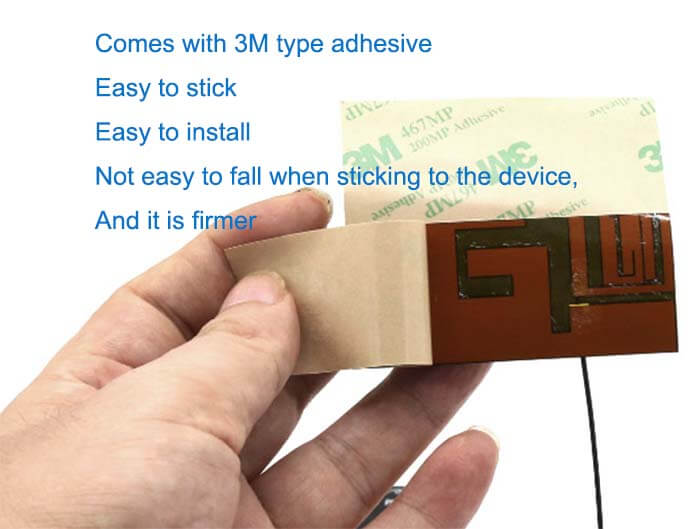
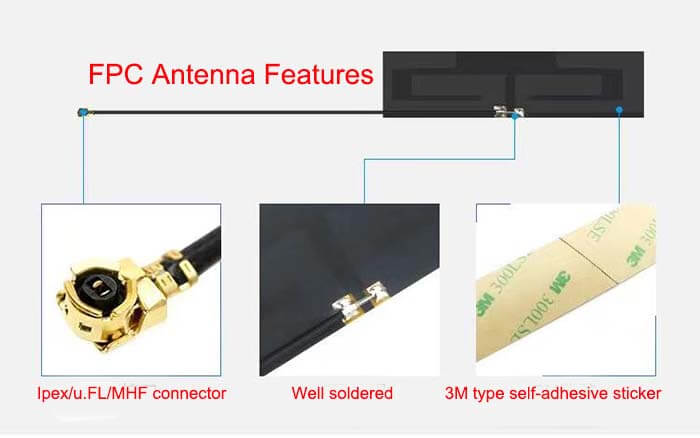
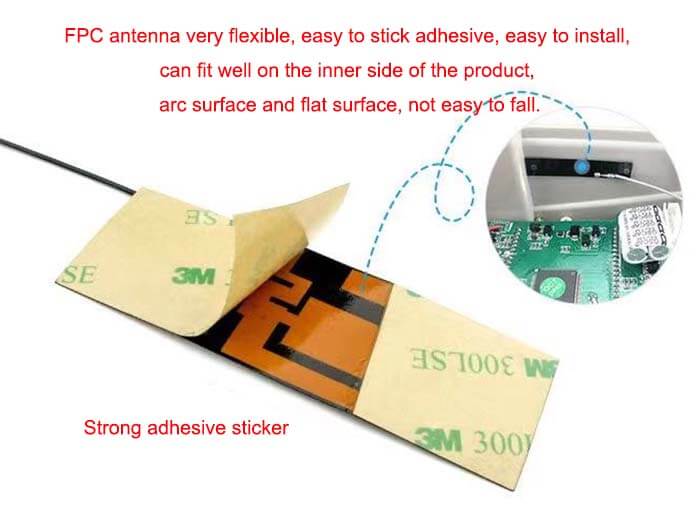
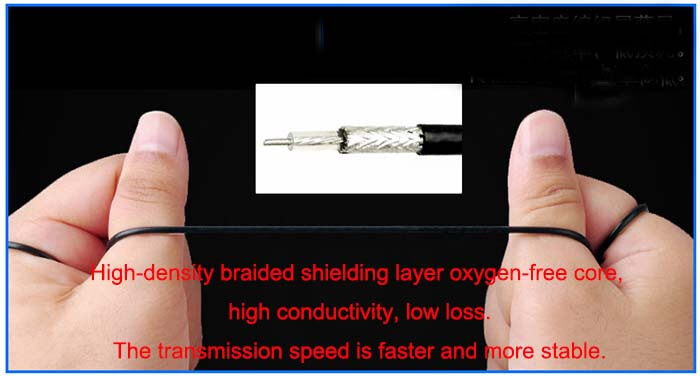
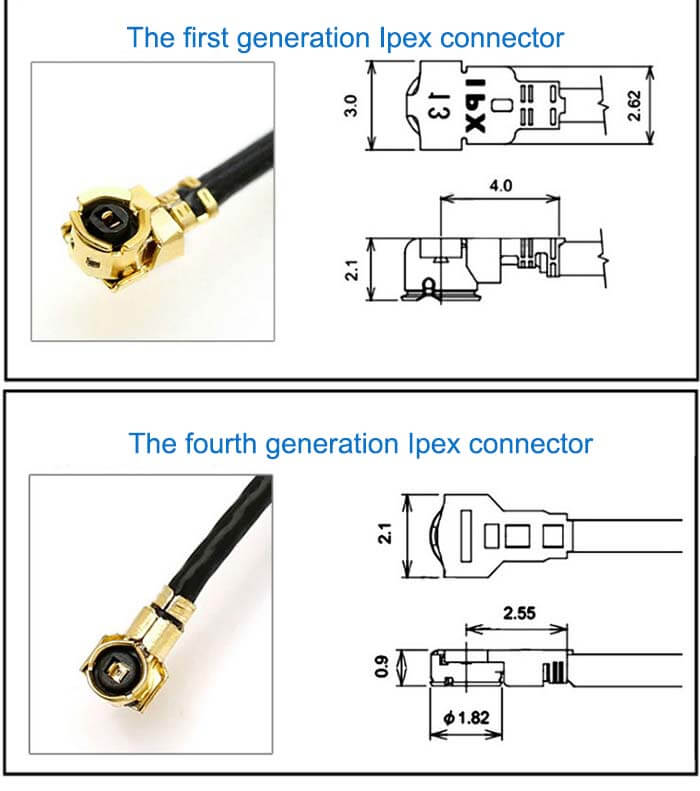
High-performance Flexible Circuit Boards Antenna Applications
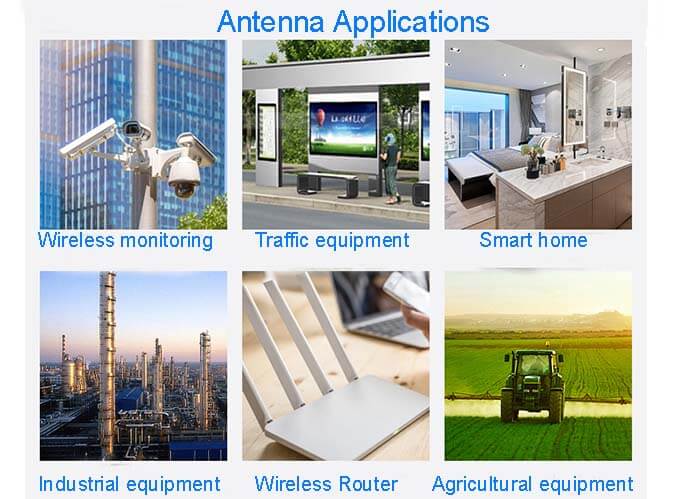
What are the key technologies of LTE?
1) Adopt OFDM technology;
Orthogonal frequency division multiple access technologies. Each sub-carrier is orthogonal to each other without interference, so the spectrum of each sub-carrier can overlap according to a certain rule, that is, the spectrum efficiency is improved, and a guard interval is added between each symbol, which can better overcome ISI and ICI interference.
2) Adopt MIMO (Multiple-Input Multiple-Output) technologies;
multiple-input multiple-output antenna technology. Multiple inputs refer to the input of the base station antenna, and multiple outputs refer to the output of the mobile phone antenna. Increase the channel capacity by increasing the transceiver antenna channel.
MIMO has 2 modes. The first is space-division multiplexing. The two antennas receive different data streams, thereby improving the throughput of the transceiver. The second is to transmit diversity. The two antennas receive the same data stream and then use the maximum ratio. Consolidate data to improve data reliability.
3) Scheduling and link adaptation (AMC);
4) HARQ; fast hybrid retransmission technology;
It is mainly implemented in the MAC layer and requires the eNB to quickly schedule data. When the feedback information from the mobile phone is not received, the eNB will retransmit quickly to improve transmission efficiency.
5) High-level modulation;
Only in the downlink is there a 64QAM modulation method, and in the uplink, the highest is only a 16QAM modulation method, because current mobile phones do not support 64QAM modulation, and only CLASS5 supports 64QAM. Compared with the modulation method of 16QAM, 64QAM increases the modulation rate by 1.5 times.
6) Multi-antenna technology;
Mainly used to improve channel capacity.

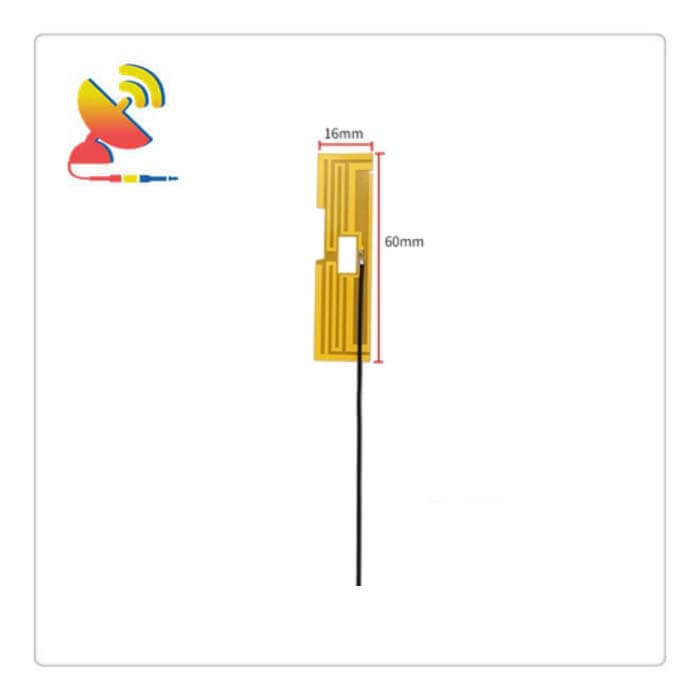
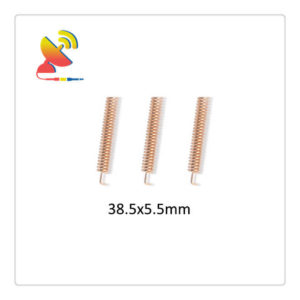
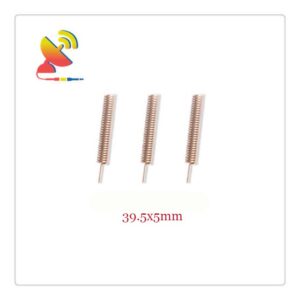
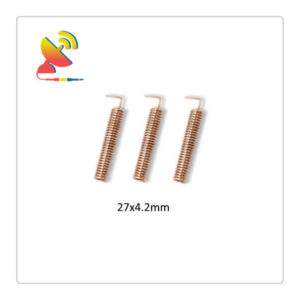
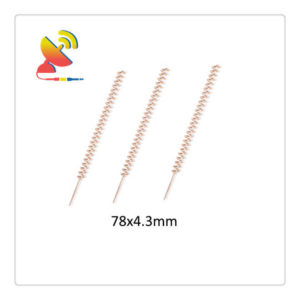
Reviews
There are no reviews yet.